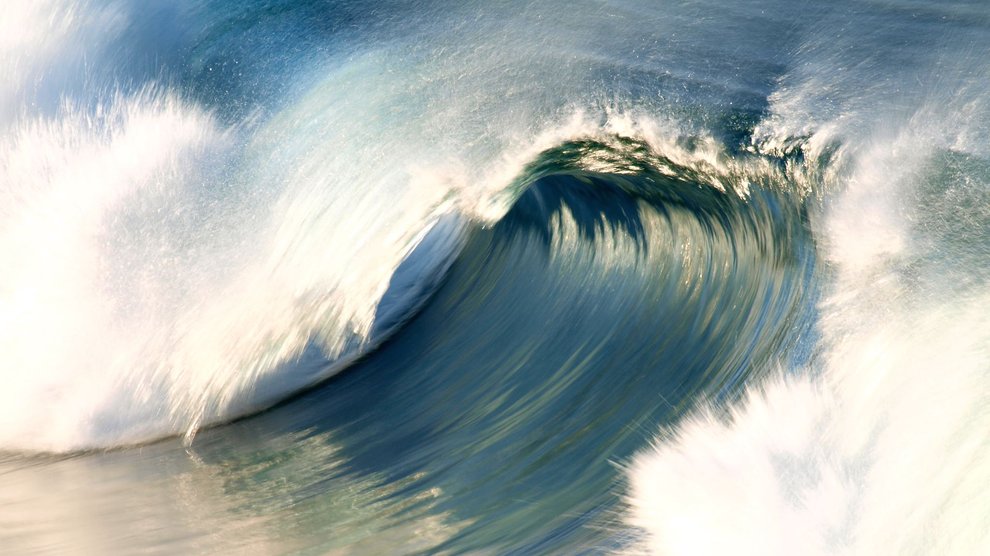Thanks to the work of citizen scientists, two researchers have laid to rest a four and a half year-old fear: radioactivity from Japan is
still not coming to get us.“To be very direct about it…at the levels that we’re seeing, if one were to consume 20 kilos [over 40 pounds] of salmon in a year, the dose that one experiences from consuming that fish is about 300-fold less significant than if you’re a pack-a-day cigarette smoker,” said Jay Cullen, an associate professor of ocean sciences at the University of Victoria, at a recent presentation of his latest data.

Cullen and Ken Buesseler, a senior scientist at the Woods Hole Oceanographic Institute, found no trace of radioactivity from the meltdown of the Fukushima Dai-ichi nuclear reactor in fish collected off British Columbia. Rather, the faint traces of radioactivity they found can be traced to weapons testing done over the Pacific in the 1960s and ’70s.
Fukushima’s fingerprint is cesium-134, a radioactive isotope with a half-life of two years. Because it will decay almost completely within a decade, the presence of cesium-134 can only be explained by recent exposure, such as the discharge of radioactive coolant that occurred at Fukushima. By contrast, the isotope lingering from weapons testing, cesium-137, has a half-life of 30 years.
Buesseler’s most recent data on radioisotopes in seawater has measured cesium-134 off California at levels of 0.2 Becquerels. To put this in context, Buesseler explained, swimming in water with a radioactivity level of 10 Becquerels every day for a year would expose a person to less total radiation than found in one dental X-ray.
Buesseler began investigating radioactivity in the Pacific almost immediately after the Fukushima meltdown in March 2011. Though his work focused on the waters off of Japan, he soon found that the U.S. public was more concerned about a model being broadcast by the media. The model predicted that radioactivity would quickly cross the Pacific and wash up on the West Coast.
“I like to say all models are wrong, some are useful,” Buesseler said. “This was a very useful model, because it told us what to expect, but it didn’t have any data behind it.” Because the ocean is effective at diluting substances, the model did not reflect what the concentration of radiation might look like once it crossed the Pacific.
That public concern inspired Buesseler to found Our Radioactive Ocean, which relies on crowdfunding and crowdsourcing to collect data. To test a site in the continental U.S., citizen scientists are asked to raise $550, is enough to ship a sample kit and run the required tests on the sample.
Meanwhile, Cullen, who had been running a blog on ocean-related issues, found himself inundated with questions about radiation from readers on his side of the Pacific. He decided to start the inFORM network, which pairs his offshore research cruises and fish sampling with crowdsourced water sampling.
“It has engaged people in ways that even surprised me,” said Buesseler of the crowdsourcing model. “We’ve reached a wide range of people who had this concern that wasn’t being addressed, and that’s what we’re most proud of.”
Kai Vetter, a professor of nuclear engineering at the University of California, Berkeley, and Steve Manley, a professor of biology recently retired from California State University, Long Beach, run KelpWatch, a campaign focused on testing the radionuclide uptake of kelp. Though their test results have all come back negative, Vetter and Manley have been adamant about publishing them.
“One of the reasons we continue our measurements is to continue to inform the public about the radiation in the world around us,” Vetter said.
Transparency, they have found, is the best way to combat fear. Even after four and a half years, the questions continue to roll in. For everyone from surfers and swimmers to moms planning vacations, the fear of radiation seems to have a much longer half-life than the particles themselves.
In North America, Vetter said, “The biggest health impact from Fukushima has been the psychological impact.”

